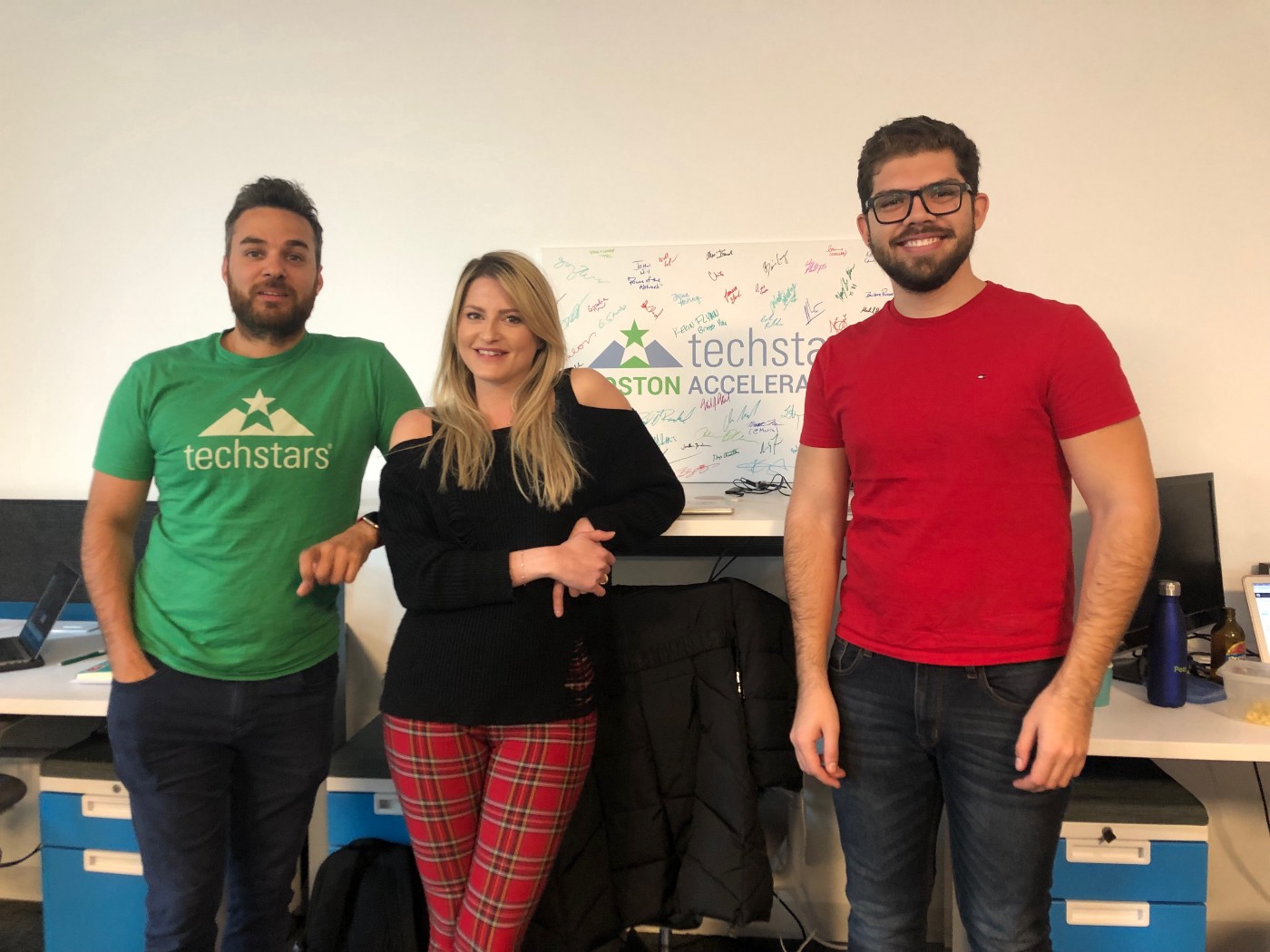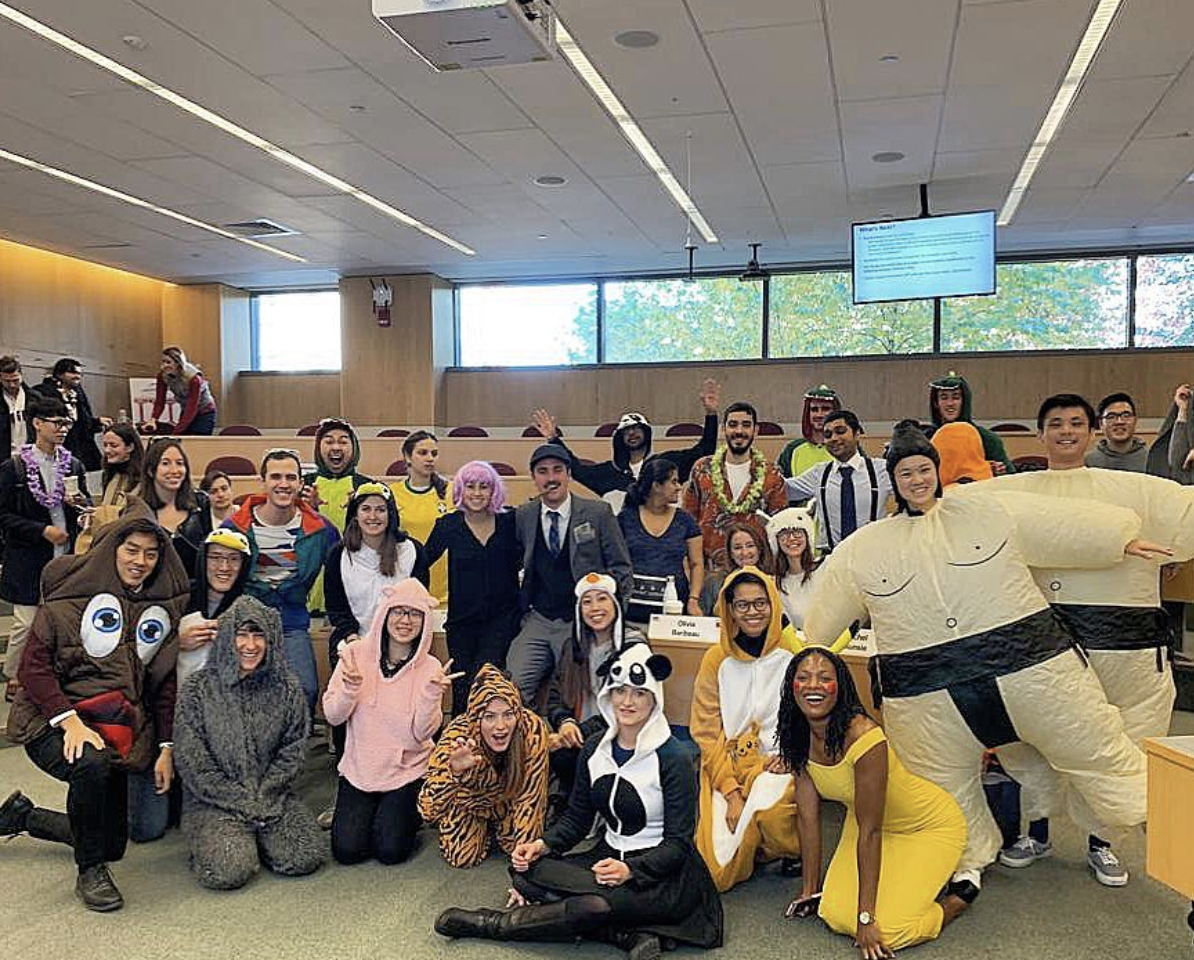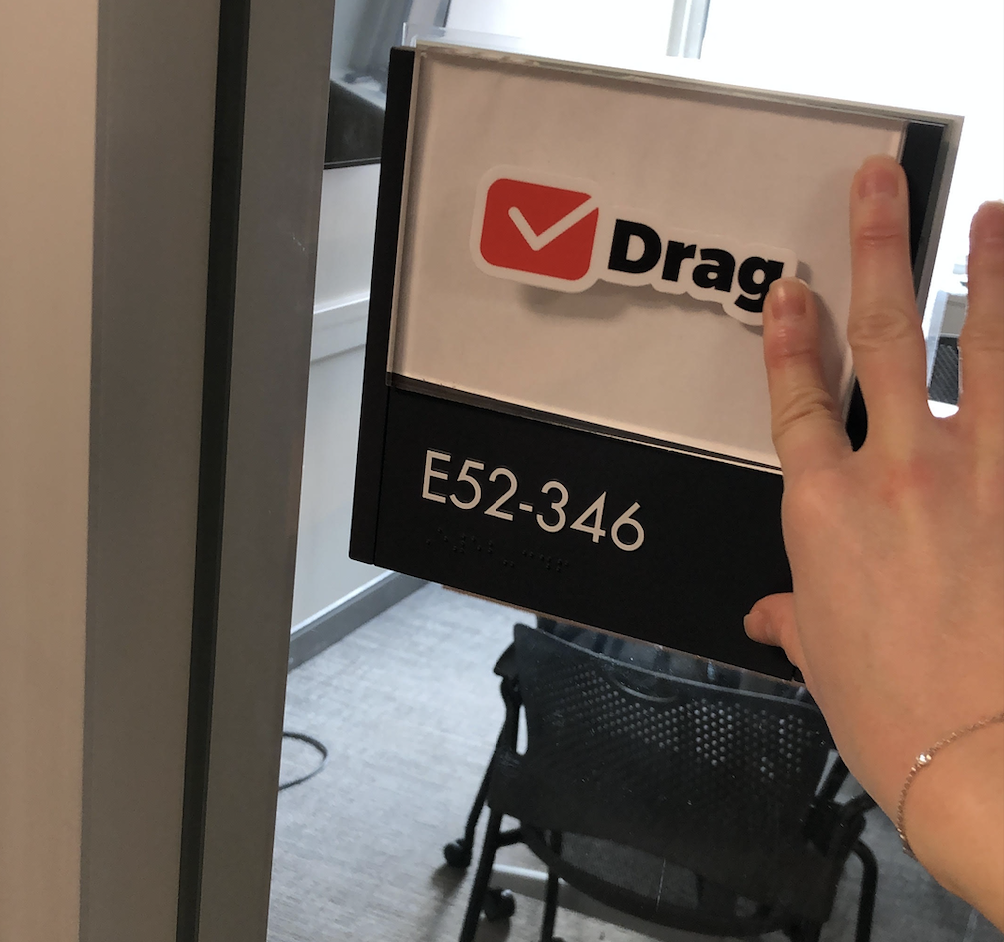When I started an MBA while running a business, people said “you are crazy”. Now, I’m leaving Business School to focus exclusively on my startup, and guess what? People are saying exactly the same. So want to share what I think.

Historically, career change has been one of the key factors why people apply to MBA. Now, more than ever, this change has been somehow associated to entrepreneurship. Either joining a startup, starting a business, interning at a VC or being exposed to entrepreneurship somehow.
This was clear to me early on. In my first week at MIT Sloan, roughly 40% of my class enrolled at the School’s Entrepreneurship & Innovation Track. Plus there was a waitlist.
So, why not do an MBA and run a Startup at the same time?
My case was slightly different. I founded Drag a few months before receiving the hopeful call from Rod Garcia to confirm my admission to MIT Sloan.
“Why pursue an MBA anyway, if you have already founded a startup, changed career, have validation with paying customers, have raised money and stuff?”
I had this question so many times. Starting at the MBA interview and continuing with colleagues at Business school. I could only think to myself “well, just because I started a business, it doesn’t mean I have a clue about what I am doing!”.
A year later, I made the decision to defer my 2nd year to focus full-time on changing the way that teams collaborate at work, with Drag. I have no idea if this was the right decision. My instinct says it was. I will be super curious to revisit this article in the future and remember where my head was at this moment — this is actually the key reason why I’m writing this today.
Overall, my experience made me think that Business School is a great opportunity to start a business. But not to grow one. These are the questions that led me to leave Business School:
1. Timing — how long can a business wait?
Drag is in a huge but super competitive market — enterprise SaaS. Software is all about speed and strong execution. It’s very different than deep tech, capital intensive Startups than spin out from academic research. In our case, small signs of traction can trigger almost immediate new competition, making speed absolutely critical.
In addition, Drag was lucky to be one of ten companies to go through Techstars Boston in 2019. This was all during my second semester in the MBA (I know, it’s crazy. Enough content for another post).
The thing is, after Demo Day, we naturally got attention from the media, investors and partners. We closed another round of funding during summer. This means that the business reaches another level in accountability. We needed to deliver real results, fast.
The combination of initial traction, in a super competitive market, the unique momentum created by Techstars and having raised another round, made my graduation in 2020 not make sense. The Company could not wait another year.
If I were in a different market or different stage with the business, I may have thought differently.
 Nick, me and Breno in the Techstars office in Boston.
Nick, me and Breno in the Techstars office in Boston.
2. What is a true MBA experience?
MBAs are a great period to reflect and start working on new ideas. You have plenty of free time (if you chose to), you get to meet lots of brilliant people, while having some fun and travelling around the world. Not to mention lots of equity-free funding opportunities on the table.
This is great when you are hanging around trying to find your dream-team and your next unicorn-idea to start working on. However, when you already have a team, an idea and the business is moving, you must make choices — After all, you only have 24 hours in a day.
I just did not have those MBA experiences. I rarely attended social events, did not join MBA trips, built way fewer relationships than I would have liked to. Even funding opportunities were not available because ironically Drag was not at early-enough stage to be eligible for most of those.
Then I realised my MBA experience had been reduced to classrooms. And I am sure I’m not alone when I say that MBA is not about the classes, at all.
When reflecting on whether my MBA experience was making sense, I started thinking about the financial consequences of it. Which leads me to my third point, perhaps the most critical one.
 A rare social moment — in the classroom as usual.
A rare social moment — in the classroom as usual.
3. Is there a justifiable ROI?
It’s not news to anyone that MBAs are a big investment. This is always a key consideration for those not sponsored by their employers. In addition, the common thinking on “I can pay my debt off quickly with the chunky salary and signing bonus I will get after graduation” completely changes when you plan to work on your own business.
The big question becomes “what choice will give me the best ROI for my investment?” It’s really hard to come up with a beautiful MBA balance sheet that will give you a clear, numerical answer to that question.
Even with 2 scholarships, I still had an insane amount to pay for the full-time 2-year MBA Program and living costs in Cambridge. If I decided to spend that amount of money, it needed to be well worth it. Having decided to follow the entrepreneurship route, the last thing I wanted was a big debt at this stage of my life.
I’m not debating whether MBA Programs are worth their cost or not. Given my specific circumstances, I was paying all of that money to simply attend classes. And I was pretty confident that the classes alone are not worth that cost.
Looping back to the second point:
When the MBA experience is reduced to classrooms, it is extremely challenging to justify the amount of money you are paying for those classes — especially when you are paying for all the rest and not benefiting from them at all.
4. How much does your business really need you now?
As I write this post, Drag is a team of 9 full-time, remote, very driven people. Each one of us has a HUGE impact on the business. We all wear different hats and do whatever needs to be done to help the company thrive.
Being ‘in-and-out’ between classes and work during my first year made it feel unfair on the other members of the team (even flying them over to Boston and building a ‘mini-office’ at Sloan). I was giving my best, but it never felt like I was ‘full-time’ in the business.

Turning a study room in MIT Sloan into a Drag office.
The point is that depending on the stage of your business, you could take a sabbatical to go to Business School and things would keep working autonomously without you. This is per se a massive achievement, and there are great founders I met in MIT who have done it.
However, Drag was at a stage that losing anyone in the team — or having me absent or part-time — would mean a big loss for the rest of us, and we simply could not afford it.
If you reach the stage when you can take a ‘sabbatical’ from work and the business will keep operating without you — you have really achieved something. However, if the business is at stake with your absence, think twice.
As long as there is learning, it’s ok.
Regardless of the outcome in the coming years, I will be learning. So I am following a clear path to success. I simply picked the path that I believed would give me the best learnings, now.
I still believe in the power of MBAs as a growth opportunity for professionals and feel so strongly that MIT Sloan was the right choice of Business School for me. I love its culture, its people and its approach.
I believe MIT Sloan is definitely one of the best places to be if you plan to start a business during your MBA. It will be weird not to be part of the MBA Class of 2020 anymore. I will miss all the amazing Sloanies I met along the way.